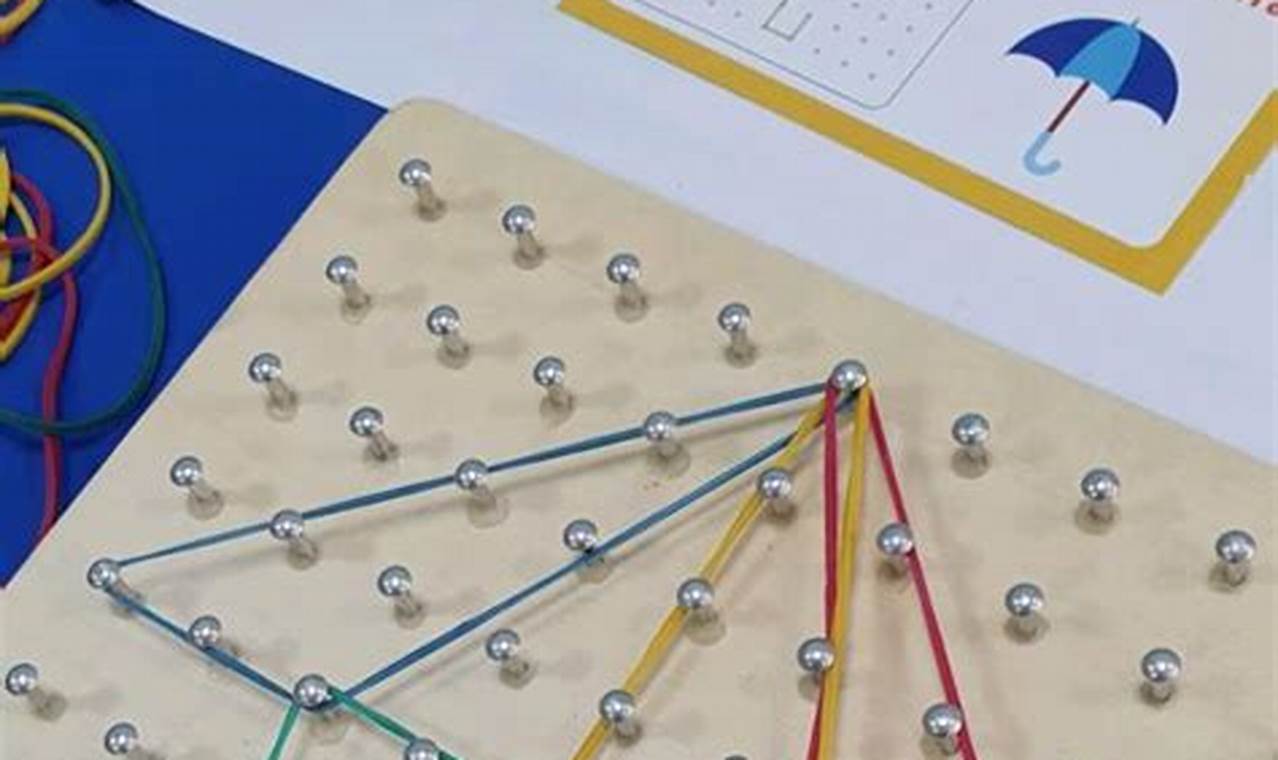The development of fine motor skills is a cornerstone of early childhood education. Proficiency in these skills lays the groundwork for future academic success, enabling children to perform tasks such as writing, drawing, and manipulating objects with precision. Worksheets designed to enhance these abilities offer a structured and engaging approach to skill-building.
Using tracing activities significantly improves a child’s hand-eye coordination and dexterity. The controlled movements required to trace lines and shapes strengthens the small muscles in the hands and fingers, fostering better control and precision. This, in turn, enhances handwriting skills, drawing capabilities, and the ability to manipulate small objects, all crucial for various learning activities.
This worksheet, titled “Tracing Activities for Fine Motor Dexterity,” provides a series of exercises designed to promote these essential skills. It includes a variety of tracing lines, ranging from simple straight lines to more complex curves and zigzags. Additionally, the worksheet incorporates shapes like circles, squares, and triangles, allowing children to practice tracing different geometric forms. Bold lines are used to guide the child’s pencil, and ample space is provided for repeated practice.
To maximize the benefits of this worksheet, begin by creating a calm and supportive learning environment. Provide the child with a comfortable grip pencil or crayon. Encourage the child to trace each line or shape slowly and carefully, focusing on staying within the given boundaries. Offer gentle guidance and positive reinforcement throughout the activity. Breaking the worksheet into smaller sections and completing them over multiple sessions can prevent fatigue and maintain engagement.
For further development of fine motor skills, consider incorporating other resources and activities. Kidtraces.com offers a selection of related worksheets focusing on letter and number tracing. Additionally, activities like playing with building blocks, using playdough, and stringing beads all contribute to strengthening hand muscles and improving coordination. Reading aloud and encouraging drawing are also excellent ways to enhance fine motor skills and overall development.
In conclusion, the “Tracing Activities for Fine Motor Dexterity” worksheet is a valuable tool for supporting the development of essential fine motor skills in young children. By providing structured practice and encouraging careful execution, this worksheet helps children build the foundation for future academic and creative success. Explore more free worksheets on Kidtraces.com to continue supporting continuous learning and skill development.
